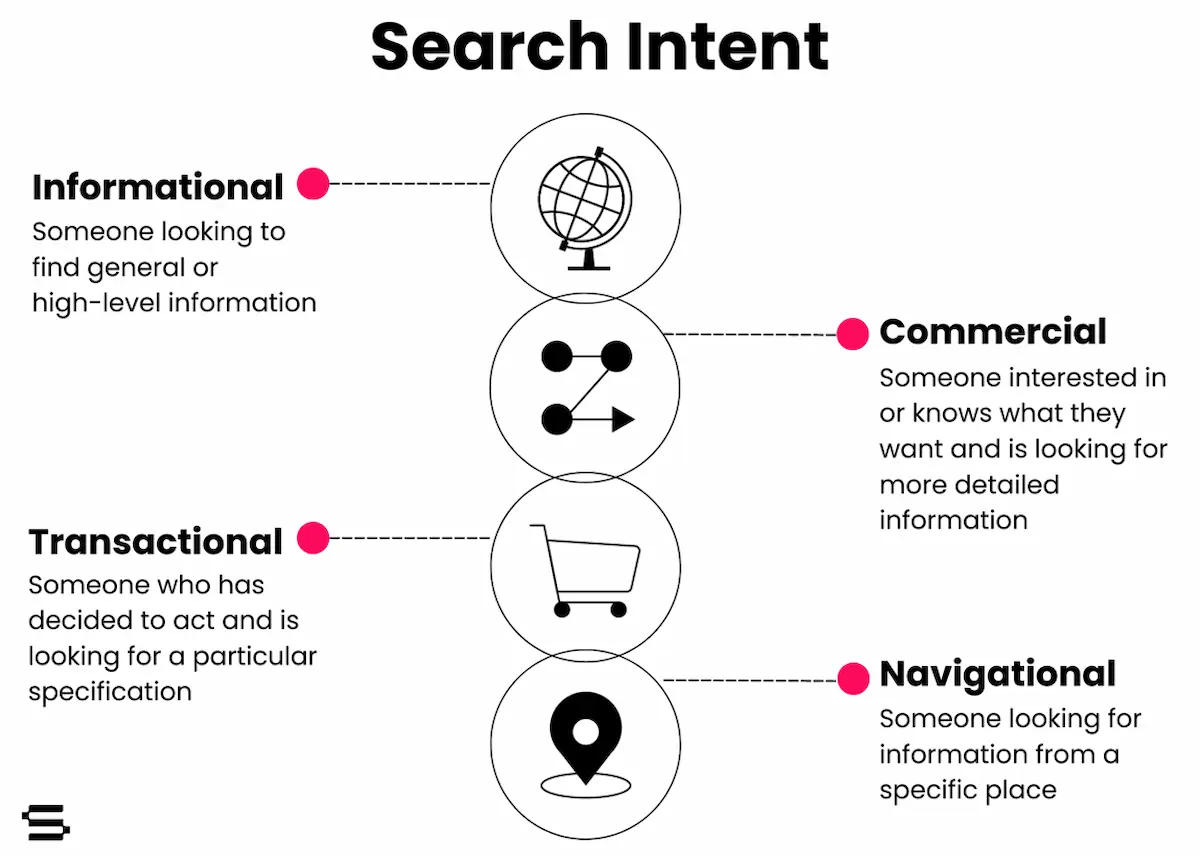When you are fortunate enough to be blessed by the Search Gods, you need to maximize that blessing, one strategy most of us probably don't take full advantage of is blowing out the long tail keywords when we already are getting signals from the search engines that they like our site for head or short tail keywords.
First of all, I am assuming that in most cases the short tail keywords in most industries are much harder to rank well for than the long tail keywords.
If you are one of the lucky web sites to have rankings for shorter tail keywords, now is NOT the time to start patting yourself on the back, remove your hand from your back and open up the following tools and get ready to write.
Lets start with an example shorter tail keyword: “Best Shoes”
Best shoes returns 170 million pages in Google
Using the phrase match option on the Google Adwords Sandbox tool it shows that the keyword gets 74,000 searches a month, the next closest is best running shoes at 40,000.

In my research I selected this running shoe blog. The site ranked well on Google for “best shoes” - usually second page. That's a nice short tail keyword with some decent volume as we saw above. Here are the steps to blowing out this opportunity!
STEP 1 - Go find those top of the tail keywords Note: I don't know the site owner so I had no access to analytics, but typically I'd say start looking for one and two word phrases in your analytics tools is a great way to uncover short tail words where you have rankings. If you want to do this for a competing site, feel free to try Google trends for websites and look under "also searched for".
STEP 2 - Research Keywords Using variations the root word "best shoes" & "Running Shoes" in Google suggest, Yahoo search assist, and Bing related search results to start the juices flowing on other words we could target.



What I like most about this method is the SPEED, it only takes a couple seconds to see other words associated with a given keyword, and at this point since we are evaluating long tail keywords we want to quickly see if there's opportunity so we don't waste hours just to find out that there is no real opportunity.
NOTE: DON'T FOOL YOURSELF, if the only reason why you are ranking for the short tail is because you have a domain that matches the keyword exactly, this strategy may not work as well.
STEP 3 - Assess The opportunity There's a huge long tail keyword opportunity with this running shoes blog ⦠many of the words that came up in suggestion tools (previously in step 2) are not on the first 10 pages of search results for this blog. To save time from searching these manually and finding rankings, I suggest Rank Checker for Firefox.
Keeping in mind that this site is in the top 20-30 for the keywords "best running shoes" and "best shoes" on Google, it should be easier for it to rank well for words that include both these words in the long tail, yet the site is not.
STEP 4 - Check Rankings Doing a little more digging I saw that there are a ton of words including the words “best” and “shoes” or “best” and “running shoes”. After entering that info into the rank checker (Step 3) I saw a LOT of zero rankings.
Look at the words below, a ton of phrases that use the root words "best and running" or "best and shoes" have rankings past page 10 for this blog:
best running shoes best running shoes for women best running shoes for flat feet best running socks best running sneakers best running shoes for shin splints best running shoes for bad knees
So the question is simple, why would Google allow this site to rank well for “best running shoes” and “best shoes” and not “best running shoes for women” or “best running shoes for shin splints”?
The answer is EASY.
This site does not have content geared toward these queries. They have been given the blessing by “the Google” to rank for shorter tail terms as mentioned before, hitting these longer tail terms is a content writing and internal linking project, that's all.
But we are far from done.
STEP 5 - Use Google Insights to get rising search & long tail keywords
In the scenario above we were able to see that there were some low hanging fruit long tail words that we ignored the short tail on right? Well now we've got more.
Lets head on over to Google Insights to see what's happening there:
For starters I ran a bunch of search terms against one another I chose the following - Best shoes, Best running shoes, Running shoes, Running shoe reviews, and discount running shoes.

Immediately I see that while the word “running shoes” is searched for a lot more than “best shoes” it looks like the upward momentum is with best shoes, right?
There's a lot on that graph, making it harder to see trends, but it does look like some long tail keywords might be trending up while the shorter tail keyword "running shoes" is flat. So lets get rid of the others and really zoom in on these two words. The upward momentum of these two keywords is with "best shoes" getting almost 3x the number of searches it did in 2004, while running shoes is basically flat to slightly up.
When you isolate the trends graph for best running shoes vs running shoes its obvious that the best shoes term is gaining momentum.

If you keep scrolling down the Google Insights graphs you'll see rising searches:

Just scrolling down a bit I can draw some conclusions: 1 â Asics keywords are the breakout words gaining the most momentum (these are the rising searches for best running shoe) 2 â The non-branded term gaining the most momentum is trail running shoes (we'll save that analysis for another day)
Step 6 - Dig DEEPER in Google Insights
If you are thinking your work here is done, and you should start writing Asics copy NOW to take advantage of the long tail, you are flat out wrong. Searching for "best running shoes" in Google Insights brought back Asics shoes and again lets look at the breakout terms that come back:

I see Asics Nimbus in there, I don't know squat about Asics Nimbus, but it's a rising search term. If I owned this blog or an e-commerce site I would definitely have some strategies in place to take advantage of this (umm remember sometimes your competitors give you all the keyword and rising searches insights you need into rising terms)
Major Takeaway: Your time is valuable, use Google Insights to help prioritize what you write, so you are always writing where there is a growing audience, with an increased interest, not on a topic where the audience (and thus the search volume) is decreasing.
Your work is STILL NOT DONE, yes proper keyword research is IMPORTANT and takes time, so lets keep going...
But this is enough for now next week we can go over my thought on how this impacts SEM & E-commerce sites. I can't wait to wrap it up!


